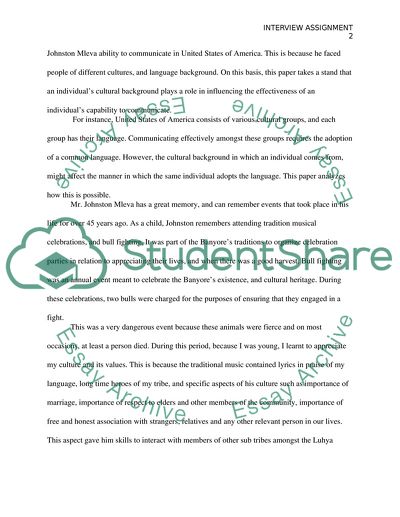Cite this document
(The Impact of the Intercultural Communication on the Migrants Assignment, n.d.)
The Impact of the Intercultural Communication on the Migrants Assignment. Retrieved from https://studentshare.org/social-science/1797337-interview
The Impact of the Intercultural Communication on the Migrants Assignment. Retrieved from https://studentshare.org/social-science/1797337-interview
(The Impact of the Intercultural Communication on the Migrants Assignment)
The Impact of the Intercultural Communication on the Migrants Assignment. https://studentshare.org/social-science/1797337-interview.
The Impact of the Intercultural Communication on the Migrants Assignment. https://studentshare.org/social-science/1797337-interview.
“The Impact of the Intercultural Communication on the Migrants Assignment”, n.d. https://studentshare.org/social-science/1797337-interview.


